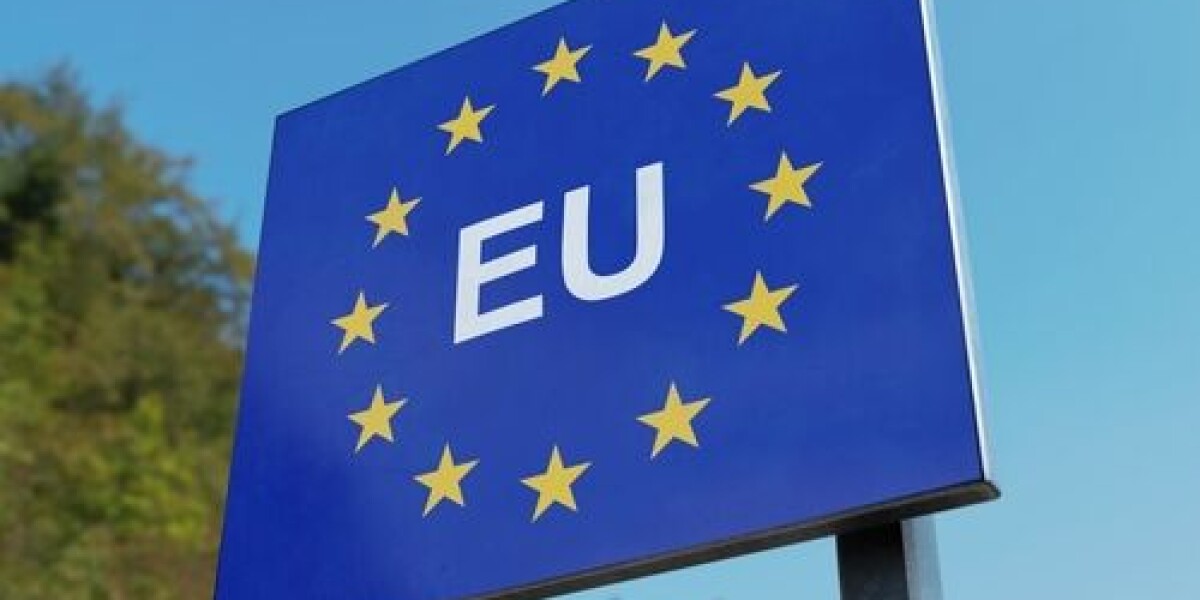
- Select a language for the TTS:
- UK English Female
- UK English Male
- US English Female
- US English Male
- Australian Female
- Australian Male
- Language selected: (auto detect) - EN
Play all audios:
This week, Boris Johnson pleased many around the country when he promised to review “unhealthy food” taxes (otherwise known as “sin taxes”). The MP Liz Truss argued that the move would “help
Britain’s poorest”, and writing for TheArticle yesterday, my pal and neoliberal Daniel Pryor rejoiced that a politician had “finally [stood] up to the ever expanding Nanny State”. This
libertarian resistance to sin taxes has always struck me as overly romantic about human nature, and unrealistic about ways to combat Britain’s unprecedented health crisis, which has happened
because we are animals who cannot control our intake of food. Far from the state dictating what we eat, it’s big businesses that rule our consumption habits — throwing cake, alcohol and
other naughty products into our faces 24/7, at disgustingly low prices. Some complain that sin taxes are too expensive — never do they mention the NHS costs at the end of all this hedonism,
which are far more grievous. Quite frankly, the government has had no other option other than to get tough on the public where it has failed to do so for itself. Libertarians believe we are
free agents, who can exercise control over what we eat, drink and do. But that idea is contradicted by science, which increasingly challenges the extent of willpower. From an evolutionary
perspective, humans are not designed to ignore chocolate bars. We have inherited mechanisms from our caveman ancestors, who were built to capitalise on sudden supplies of food. This is why
everyone is so fat in the West: the body has not evolved to cope with having too much of everything. It was never a problem in the past, hence why we have no intrinsic methods to stop
ourselves from guzzling into the grave. And genetic research, not just evolution, poses a threat to libertarian ideals. Through DNA, scientists can now predict how much TV someone watches,
whether they’re likely to get cancer and even how much they read through studying their DNA — which undermines the very concept of free will. Weight is 70 per cent heritable, meaning that
some people’s DNA drives them to eat more. They are at a disadvantage in a society that sells food very cheaply. It would be an exaggeration to say that sin taxes are going to totally combat
bad habits, but prices have Pavlovian impacts: they can reinforce, or inhibit, our purchasing behaviours. In the future, we will know even more about how DNA pushes us towards food, drink
and other substances, thanks to Matt Hancock, the Health Secretary, allowing the NHS to test people’s genetic risk for Alzheimer’s and cancer. This may seem irrelevant, but it will pave the
way to much more testing on areas such as alcoholism risk. If the NHS detected, for example, that 70 per cent of the population had a high genetic risk of suffering from it, would it be
benevolent for the government to allow “happy hour” in Britain to continue? Ultimately and fundamentally, I do not think it oppressive of the government to intervene in people’s habits; more
so, it strikes me as caring to do it. Not only to promote survival rates, but to reduce the tax burden for the NHS. Libertarianism is all fun and games until you’re paying for someone
else’s fun and games. Luckily Boris Johnson hasn’t said that he’ll abandon sin taxes, only that he’ll look into the evidence of whether they work. I hope he stays true to his word. Overall,
the libertarian case to abandon sin taxes is yet another example in politics where science is left out of the picture. There is no genetic research that supports the idea of a human that has
complete free will, and therefore it can be benevolent for a government to help with choices. Personally, I’d rather be stopped through intervention than illness.





:max_bytes(150000):strip_icc():focal(579x449:581x451)/nancy-redd-bedtime-bonnet-5-86a5e56f5a844c588683afb207d77f42.jpg)




